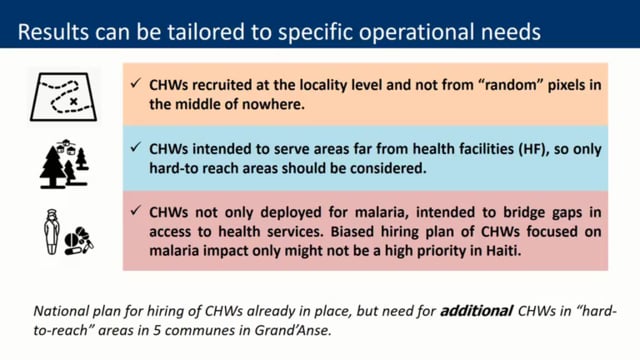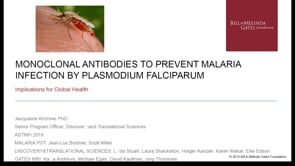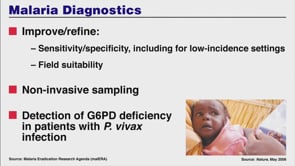Last Updated: 25/07/2024
Using the role model approach to improve administration of seasonal malaria chemoprevention drugs in Burkina Faso, Chad and Togo
Objectives
- Conduct qualitative research to understand normative behaviours around sulfadoxine-pyrimethamine and amodiaquine (SPAQ) administration in Burkina Faso, Chad and Togo
- Identify role model individuals and their local, accessible behaviours to develop and deliver a behaviour change communication strategy
- Implement the role model approach, evaluating its feasibility and acceptability
Since 2013, Malaria Consortium has been a leading implementer of seasonal malaria chemoprevention (SMC). We have supported national malaria programmes across the Sahel to deliver this highly effective community-based intervention, which can prevent malaria infection during the peak transmission period among those most susceptible to malaria: children under five.
SMC is delivered in monthly cycles during the malaria season using two antimalarial drugs: sulfadoxine-pyrimethamine (SP) and amodiaquine (AQ), or ‘SPAQ’. Each month, a dose of SP and the first dose of AQ are administered under the supervision of a community distributor, with the remaining doses of AQ left with the caregiver to administer over the next two days. A major adaptation of the SMC campaign during the COVID-19 pandemic was that caregivers administered all three doses to minimise physical contact between community distributors and children. However, we found this approach to have a number of challenges, with many caregivers struggling or refusing to administer the drugs.
The role model approach is a community-driven behaviour change strategy that identifies existing strengths or solutions among individuals in a community, which are then shared with other community members to bring about positive changes in behaviour. We explored this approach to address the challenges associated with SPAQ administration in Burkina Faso, Chad and Togo, and to find existing, local solutions for improvement.
The study will use a qualitative method which includes focus group discussions and in-depth interviews to explore caregivers’ and community’s perception regarding SPAQ administration and implementation in the three target counties, Burkina Faso, Chad and Togo.
Apr 2021 — Apr 2022
$176,000


